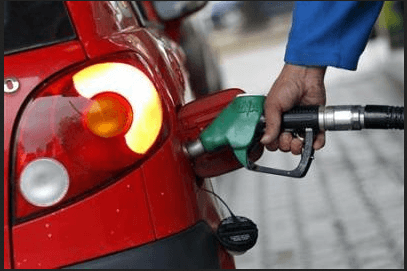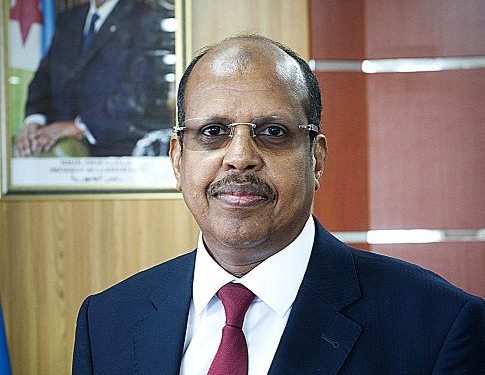
It has been made known that demurrage costs – resulting from delays in unloading petroleum products at ports – are ultimately passed on to consumers, contributing to higher fuel prices.
The Chief Executive Officer-National Petroleum Authority (NPA), Godwin Edudzi Tamaklo, has observed that the downstream petroleum sector is grappling with an annual demurrage cost of US$35million, imposing a significant financial burden.
Contributing to the Downstream Dialogue 2025 organised by the Chamber of Oil Marketing Companies (COMAC) under the theme ‘Ghana’s downstream oil and gas sector: challenges and opportunities’, Mr. Tamaklo said there is an urgent need to enhance efficiency at the country’s ports to mitigate the rising demurrage costs.
Inefficiencies at the ports – including delays in documentation, vessel scheduling and cargo clearance – are the primary drivers of demurrage charges. Thus, improving port efficiency is crucial for smooth operation of the downstream petroleum sector.
The downstream petroleum sector is crucial to the economy, ensuring supply and distribution of fuel nationwide. Meanwhile, challenges such as high operational costs, regulatory hurdles and port inefficiencies continue to hamper its growth.
Chief Executive Officer-Chamber of Oil Marketing Companies (COMAC), Dr. Riverson Oppong, observed that financing remains a major challenge for businesses within the downstream sector, hence a need to explore the intersection between industry and banking collaboration.
“Unlocking financing and investment opportunities is essential to enhancing liquidity, fostering expansion and ensuring the long-term viability of our sector.” He also urged that the industry shift focus to investments in renewable energy, adoption of e-mobility and regulatory reforms for sustainability as the world moves toward cleaner energy alternatives.
“We must carefully examine it to ensure a balanced and strategic transition that guarantees our energy demands are met and safeguards jobs as we commit to environmental stewardship,” he added.
The post Editorial: Inefficiencies at the ports contribute to higher fuel prices appeared first on The Business & Financial Times.
Read Full Story

















Facebook
Twitter
Pinterest
Instagram
Google+
YouTube
LinkedIn
RSS